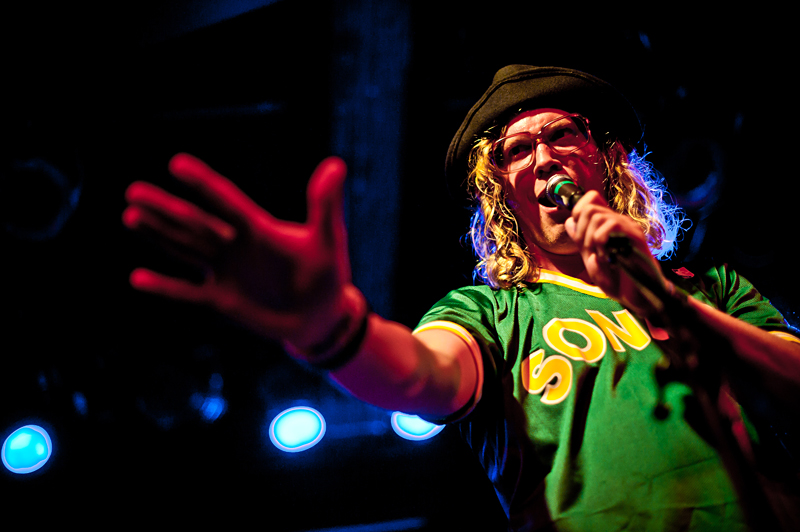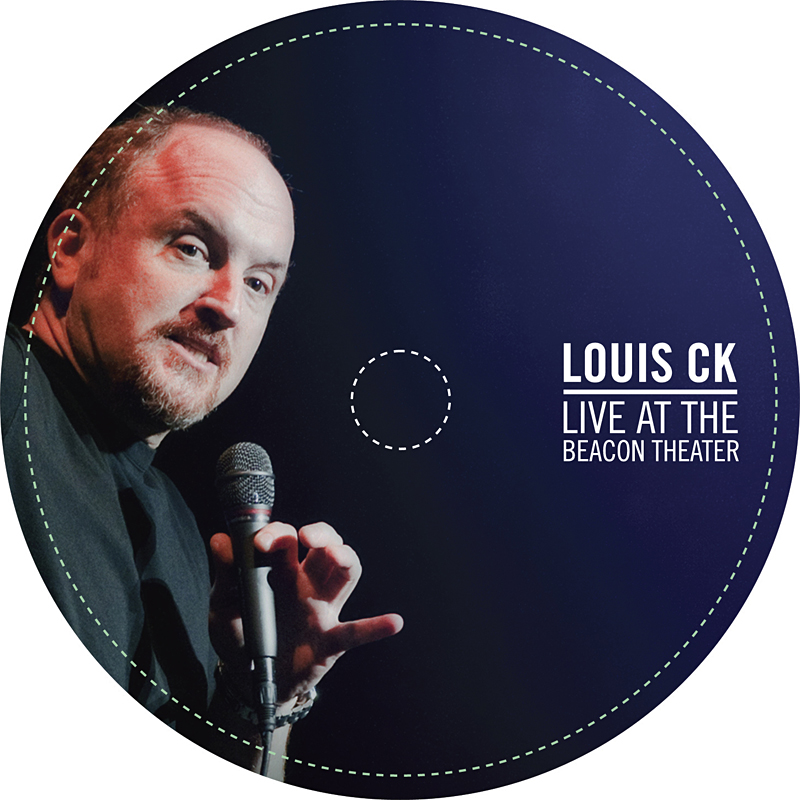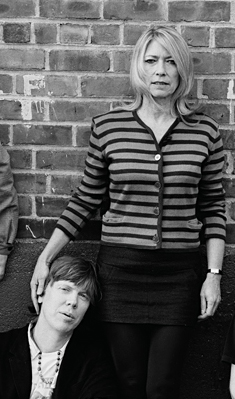I was 16 years old when my older cousin started dating the guy who would turn me on to “punk rock.” This was in a very backward Pennsylvania town during one of my transitional teenage years. By this time (1996–97) most of the cool kids in my school were in the middle of either discarding their baggy grunge flannels, sewing patches onto their corduroys, or tie-dyeing their Izods. In other words, grunge was dead, Jerry Garcia’s memory lingered, and the Dave Matthews Band were fucking huge.
I hated everyone.
I walked around with a scowl on my face, mostly by myself. I thought for a while that maybe I had something in common with the kids from the trailer parks. They also scowled, but they couldn’t tell whether Marilyn Manson now had more to say than Kurt Cobain. They hung out on tailgates in the Mister Donut parking lot, their outfits a mismatch of genres. They wore yellowed Nirvana T-shirts with black JNCO jeans, their wallets fastened by long silver chains. If they were really badass, they wore dog collars and black eye makeup, which got them called “faggot” by the kids who were still into the Dead but somehow missed the whole peace-and-love message.
When my cousin started dating this guy—Tony was his name—we started hanging out a lot more. For one, Tony was 22, and bought me beer because my cousin told him to. But he also played bass guitar, worked for the Rolling Rock factory in Latrobe, and had a massive stack of punk tapes and CDs, the likes of which I had never seen before. A lot of the stuff was Lookout! Records garbage: pop-punk and ska bands like Screeching Weasel and Operation Ivy, as well as the Ramones (whom I loved, but who did nothing to sate my teen angst).
But one Friday after school when we were hanging out in his house drinking 40s (I was 17 and thought this was the coolest thing in the world), Tony said, “You ever hear the Misfits?” and cued a track on his CD player. “Singled out the kids who are mean to me!” growled the deep-throated vocalist, Glenn Danzig, with a plodding ghoulish backbeat behind him. The song throbbed and bled; the lyrics were about a kid telling his mom how he hates all the kids at school. Then the music goes silent, leaving the singer to bellow the morbid chorus: “MOMMY…can I go out and KILL TONIGHT?”
At the time, it was the most over-the-top, hilarious thing I’d ever heard, and the mix of hardcore and buzz-saw punk raged like no other. I borrowed a Misfits CD from Tony, a compilation of some sort, and blasted it everywhere I went for the rest of the year. “Last Caress” soon replaced “Mommy, Can I Go Out and Kill Tonight” as my favorite song. “Last Caress” was much poppier, but the silly factor was higher because of the lyrics “I got something to say/I killed your baby today,” and later, “I raped your mother today.” There were songs about horror flicks. One song was about teenagers from Mars, and another, about collecting human skulls, contained the amazing poetry: “Demon I am and face I peel/To see your skin turned inside out.” Ha! All that SoCal pop-punk stuff was for suburban kids who got upset when their parents wouldn’t take them to the mall. I had no friends, lived in a shitty small town, and decided the Misfits were ideal for scaring clueless teachers and grandparents.
The Misfits stirred something deep inside me. I knew I was pissed off about something, but never knew what exactly. Thing was, nobody at school beat me up or really hated me. I was no good at sports or schoolwork or scoring with girls, but none of this bothered me. I was just a largely forgettable kid and had no idea who I was. But rebellion was useless. My parents weren’t even disturbed by my listening to music so ugly and ghoulish. Once, my mom walked past my room where I was listening to the Misfits and said, “That guy’s got a pretty good singing voice.” My dad laughed when Danzig sang, “I raped your mother today.”
I’d stomp home from school, mad about nothing, and listen to Glenn Danzig sing a song about turning into a Martian.
I never thought the Misfits were serious. Not for one second. It was raging, angry music, sure, but when Danzig screamed, “Die, die, die, my darling,” it was comic, macho theater. It was like Ozzy’s early-’80s album covers, where you look at the forced ghoulishness, say, “Wow, that’s hardcore,” then chuckle.
Eventually, though, those goth wanna-bees hanging out at Mister Donut caught on. They must’ve identified with the re-formed Misfits’ dyed-black hair, eye paint, and skeleton leotard outfits. Though the original band had been defunct for 20 years, Misfits T-shirts started showing up in school, and I lost interest completely. I moved on to fecal-punk GG Allin, thinking it humorous when he championed “brutality and bloodshed for all” and sang, “I’m infected with AIDS/I fuck every day/I kill everything I fuck.” But then I saw Todd Phillips’ documentary Hated, and Allin’s seriousness with his message made me feel unclean.
Thing is, there will always be a time for the Misfits in our country. All they did was take punk rock out of New York City and place it firmly in Middle America. They sang songs for uncool kids living in places where nothing ever happens. When you listened to the Misfits, you realized you could be pissed off anywhere for any reason, especially if you had nice parents, three hot meals a day, and no reason whatsoever to really despise your classmates. They were the first band to make rebelling against a cushy adolescence both totally necessary and totally laughable.








